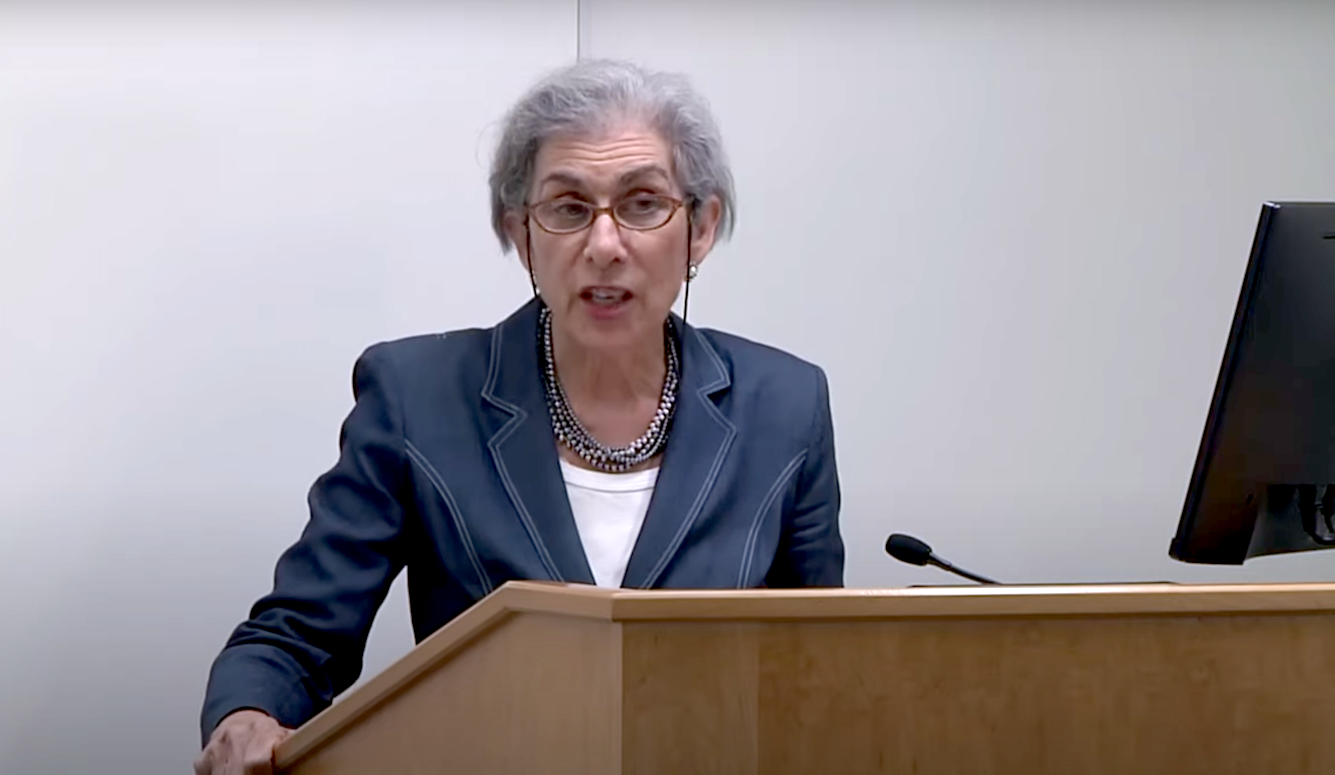Education
The Amy Wax Affair
A tenured scholar has paid a high price for bluntly expressing uncomfortable truths.

Last week, Amy Wax, the Robert Mundheim Professor of Law at the University of Pennsylvania (“Penn”) and three-time recipient of awards for excellence in teaching, was stripped her of her chaired professorship, suspended for a year at half pay, and denied summer pay in perpetuity. Why? As far as I can tell, for telling her students the truth in the classroom and exercising her constitutional right to express her private opinions outside the classroom.
Penn’s administration doesn’t see it that way. In the words of the official letter sent to Wax, these punishments were justified by her “flagrant unprofessional conduct”:
That conduct included a history of making sweeping and derogatory generalisations about groups by race, ethnicity, gender, sexual orientation, and immigration status; breaching the requirement that student grades be kept private by publicly speaking about the grades of law students by race and continuing to do so even after cautioned by the dean that it was a violation of university policy; and, on numerous occasions, in and out of the classroom and in public, making discriminatory and disparaging statements targeting specific racial, ethnic, and other groups with which many students identify.
The specifics of the allegations against Wax can be found in a twelve-page letter written by the Dean of the law school, Theodore Ruger, in June 2022. I am suspicious of some of them, but most of the things she is alleged to have said sound like the Amy Wax I know. In each of our occasional encounters over the years, I have always had the same reactions. She is brilliant, entertaining, disconcertingly frank, and sometimes abrasive. Her style is not my style, but I have never known Wax to use invective or slurs when she is expressing her opinion. She is just really, really, blunt.





